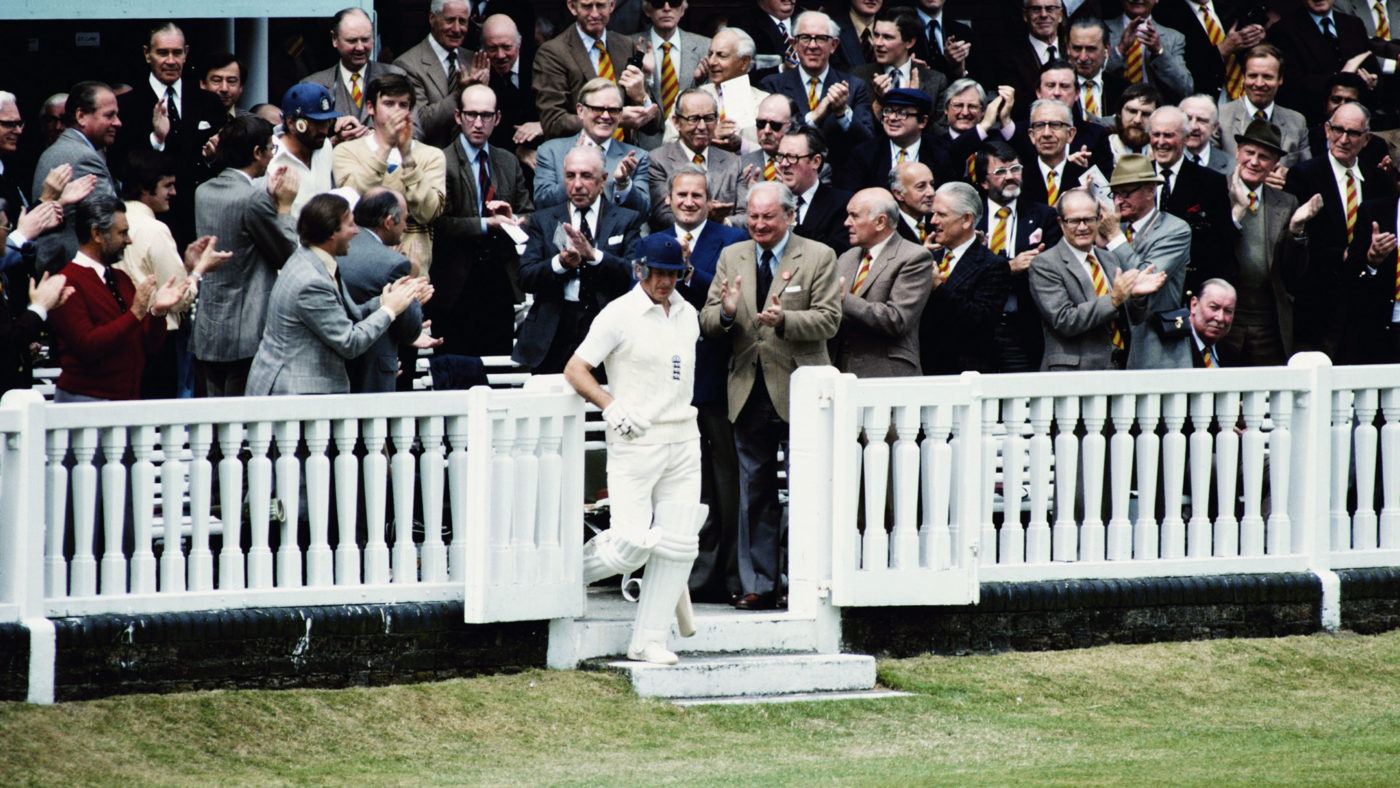“He just stuck in there and got on with the job.” That was Theresa May’s explanation yesterday, during her appearance on Test Match Special, of her admiration for Geoffrey Boycott, the former England opening batsman known for his doughty defence on the field and peevishness off it.
The radio discussion was not the first time the Prime Minister had revealed her fondness for the idea of Getting On With The Job. Announcing her candidacy for leader last summer, she said, “I know I’m not a showy politician. I don’t tour the television studios. I don’t gossip about people over lunch. I don’t go drinking in Parliament’s bars. I don’t often wear my heart on my sleeve. I just get on with the job in front of me.”
During the febrile atmosphere after last year’s referendum, this stolid image reassured a country unsettled by the pace of events in Westminster. But in the election she called 10 months later, just getting on with it mainly entailed barely clinging on.
It seems there’s a yawning gap between May’s insightful diagnosis of the country’s problems and the ineffectiveness with which she delivers the remedy. That gap was all too apparent during the election campaign, and, with politicians back from their summer holidays, little appears to have changed.
Ever since becoming Prime Minister she has astutely made clear her view that the Brexit vote was a symptom of much deeper problems than Britain’s membership of the EU. She used her first public utterances as Prime Minister to highlight the “burning injustices” that needed to be tackled. It was time, she said, “to forge a bold new positive role for ourselves in the world” and to “make Britain a country that works not for a privileged few, but for every one of us”.
If boldness is the order of the day, why make such a virtue of simply getting on with the job?
May’s instinct for hunkering down, her confidence that if she does all her homework, she’ll be okay, is exactly the opposite approach to what is needed.
As Alex Massie explained on CapX this week, the fact that when party members were asked who, if anyone, should replace May, the top two answers were Jacob Rees-Mogg and “none of the above” mean she isn’t going anywhere. And so unimaginative government will be the order of the day for the foreseeable future.
Also working in her favour is the Fixed-term Parliaments Act, which means defeat in a knife-edge Brexit vote will not trigger the Government’s downfall in the way it might have done in the past.
The most likely outcome is that Theresa May toughs it out, Boycott-style, if not all the way to 2022, then for the bulk of the intervening years. Given that Brexit is such a daunting task, it is easy to see why it is tempting to simply weather a tough spell and see where you are after that.
But the Conservatives cannot allow the Brexit negotiations to consume all of government’s energy for years to come. One of the striking things about British politics is that the problems that so desperately need fixing – public sector debt, sluggish productivity growth, stagnant wages, the housing crisis and educational underachievement, for example – haven’t appeared out of thin air. They have been creeping up on the country for years.
Think forward to 2022 and assume there is no intervening election. Britain will have had 12 years of Conservative government. Brexit aside, what will the party in general, and Theresa May in particular, look back on and point to as a fundamental problem that they dealt with?
The Cameron era can boast the legalisation of same-sex marriage. That reform was good politics – as well as the right thing to do – not in spite of the fuss it caused in Tory circles, but exactly because of that brouhaha. The row is what made it an achievement.
May, a champion of that change, might apply the same logic to housing: take on the Nimbys in the Tory base with sweeping changes to the planning system and show younger voters you are not the party so many of them thought you were.
Theresa May sees government much as Geoffrey Boycott sees batting: occupy the crease and everything else will follow. But that isn’t how politics works. Voters do not take kindly to politicians who seem to be more interested in clinging on to power than what they can do with that power. Which is why simply sticking at it just won’t do.


